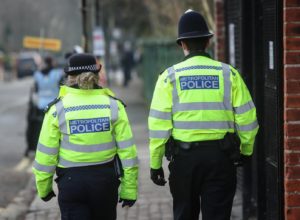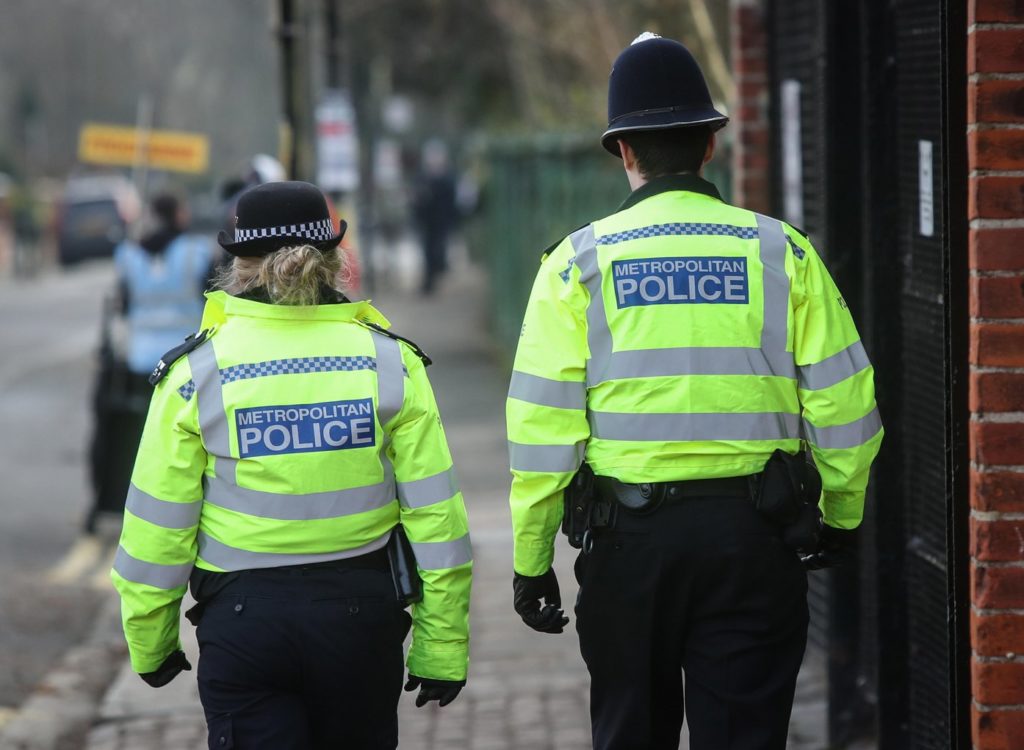Black girls nearly three times more likely to be subjected to most invasive strip-search
Published on 06 April 2023
The Met Police have been criticised over the use of strip-searches including on Child Q, a 15-year-old girl. Image: Alamy

Black people make up nearly half of all Met Police strip-searches of female children and teenagers
Reports Mirren Gidda for Liberty Investigates and Tobi Thomas for the Guardian. Edited by Eleanor Rose, Liberty Investigates editor


